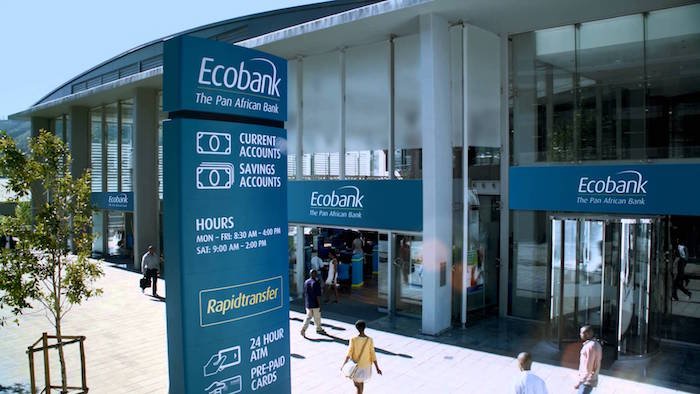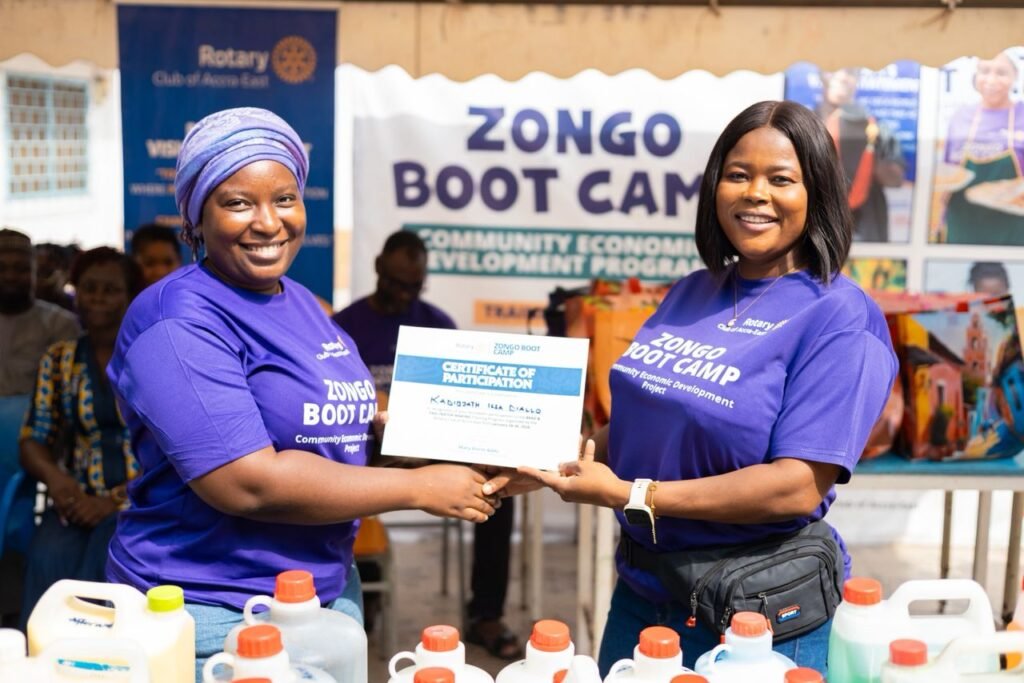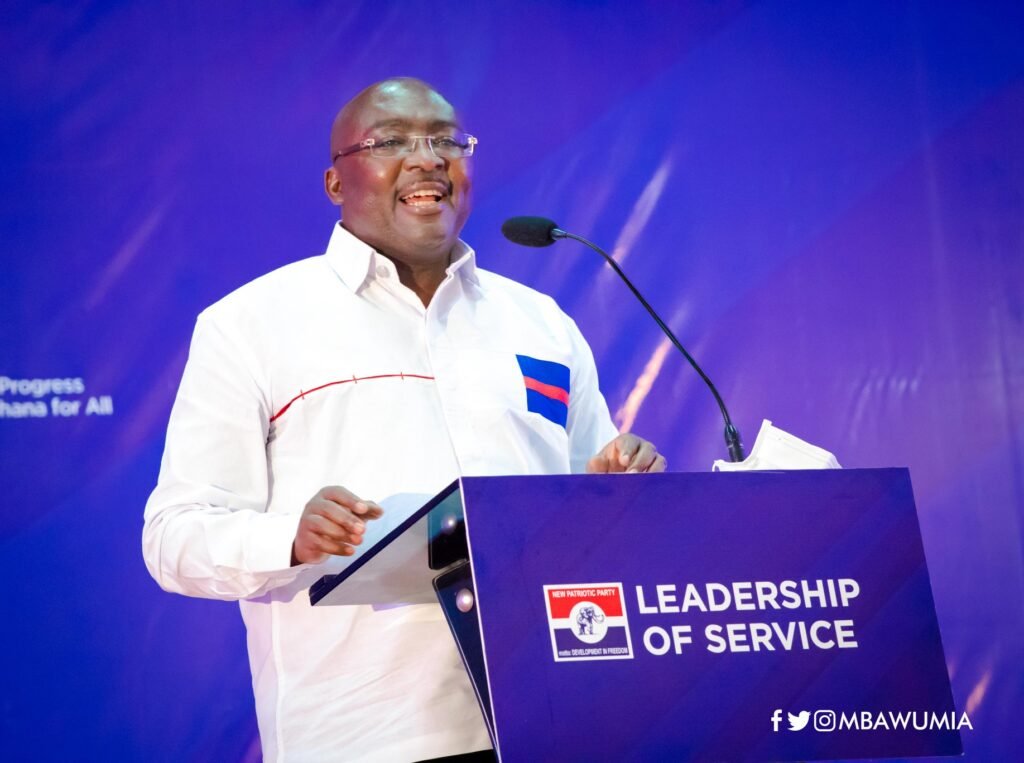Finance and economic policy analyst Senyo Hosi has disclosed that the policy foundation of the controversial Strategic Mobilisation Limited (SML) deal was derived from research conducted under his leadership at the Chamber of Bulk Oil Distributors (CBOD).
According to Hosi, the SML initiative stemmed from work he supervised as Chief Executive Officer of the CBOD, during which his team examined revenue leakages and irregularities within Ghana’s petroleum sector.
“The policy case for SML was built on my work. That is the fact,” he stated.
Hosi said the CBOD’s petroleum industry reports, which he edited, identified widespread illegalities and distortions in market pricing that resulted in substantial losses to the state.
“There was a lot of illegality happening — quality breaches, revenue breaches, distortions in market pricing,” he explained. “Our reports consistently showed a huge negative delta. The first one came out in 2017, comparing performance with 2016, and we presented it several times to the Economic Management Team.”
He explained that while his team proposed various policy solutions to address the leakages, the idea of engaging SML was never part of their recommendations.
“When we were doing our solutions, we didn’t think of SML at all,” he said. “Interestingly, I was even part of the team that edited Ken Ofori-Atta’s speech launching SML. But I am not complicit, this is what happened.”
Hosi said his research revealed that billions of cedis in petroleum revenue were being lost, despite the existence of data systems capable of tracking actual transactions at the National Petroleum Authority (NPA).
“The NPA has a data repository that could validate actual transactions. If NPA is paying for ten, GRA should know what it’s supposed to get. That was the logic,” he explained.
He added that after his presentations to the Economic Management Team, a committee was established comprising himself, Akore, and then-GRA Commissioner General Amishaddai Owusu-Amoah.
“The committee recommended an audit to establish the true scale of the losses. EY was appointed, and the audit confirmed that although we had estimated losses at about three or four billion, the real losses were closer to five billion,” Hosi revealed.
He said the next phase of the process was to obtain detailed data from the Ghana Revenue Authority (GRA) to determine accountability, but that plan was abruptly disrupted.
“All of a sudden, the data got missing at GRA under the excuse of transitioning from GCNet to ICUMS,” he claimed.
Hosi described the entire episode as “a very sorry story” and “an embarrassing matter” from a policy standpoint, stressing that the events surrounding the deal reflect serious gaps in governance and institutional accountability.




